detail profile julio garc c3 ada espinosa
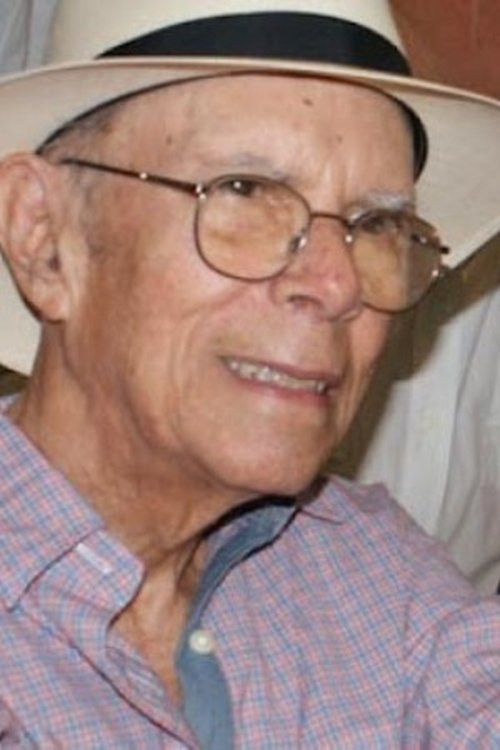
Julio García Espinosa
Хулио Гарсия-Эспиноса
atau dikenal sebagai
Riwayat Hidup
Julio García Espinosa was a Cuban film director and screenwriter.
He directed fourteen films between 1955 and 1998.
His 1967 film The Adventures of Juan Quin Quin was entered into the 5th Moscow International Film Festival.
Info Pribadi
Peran Yang Di Mainkan Julio García Espinosa
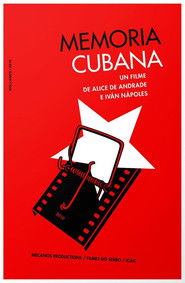 Through the files of Cuban cinema...
Through the files of Cuban cinema...Memória Cubana 2010
Through the files of Cuban cinema news program Noticieros ICAIC Latinoamericanos, the documentary shows the most relevant events of the second half of the 20th century as seen by the documentary filmmakers of the island. During three decades and under the general direction of Santiago Álvarez, these moviemakers witnessed almost everything: from the shivers of the Cold War to Bola de Nieve's piano solos; from the discovery of the killing fields in Cambodia to the Carnation Revolution in Portugal. In 2009, the original negatives of Noticieros ICAIC Latinoamericanos were declared part of the "world memory" by UNESCO.
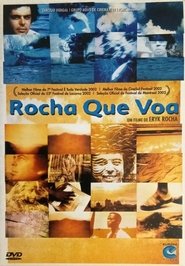 Documentary about the relationship between filmmaker...
Documentary about the relationship between filmmaker...Rocha Que Voa 2002
Documentary about the relationship between filmmaker Glauber Rocha and Cuba.
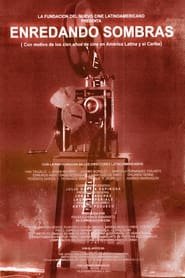 Documentary that celebrates 100 years of cinema...
Documentary that celebrates 100 years of cinema...Entangling Shadows 1998
Documentary that celebrates 100 years of cinema in Latin America and talks about the origins and the development of cinema in this subcontinent. Its structure is based in 12 short films directed by various Latin American directors. These are: 1) "Los inicios", Iván Trujillo 2) "Cuando comenzamos a hablar", María Novaro 3) "Jugando en serio", Jacobo Morales 4) "De cuerpo presente [Las espirales perpetuas del placer y el poder] Cine Mexicano [1931- 1997]", Marcela Fernández Violante 5) "Cuando quisimos ser adultos", Edmundo Aray and David Rodríguez 6) "Cinema Novo", Orlando Senna 7) "Memorias de una isla, Juan Carlos Tabío 8) "Un grito, 24 cuadros por segundo", Julio García-Espinosa 9) "El día de la independencia", Federico García 10) "¿Sólo las formas permanecen?", Fernando Birri and Pablo Rodríguez Gauregui 11) "Todo final es un principio", Andrés Marriquín.
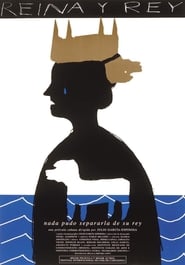 Reina is an old and lonely...
Reina is an old and lonely...Reina y Rey 1994
Reina is an old and lonely widow whose only companion is a little black dog called Rey. When the dog disappears, Reina begins to question her own existence. Suddenly, her old patrons (who had left Cuba twenty years ago) return to Miami to stay for a week and convince her to go with them. After spending some time together, Reina discovers that her usual, lonelier, life is better than anything else and decides to stay in Cuba.
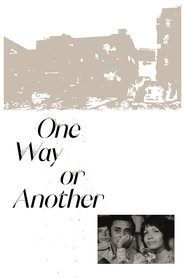 In Miraflores Cuba the growing romance...
In Miraflores Cuba the growing romance...One Way or Another 1977
In Miraflores, Cuba, the growing romance between Mario, a factory worker, and Yolanda, a schoolteacher, throws into relief the differences in their perspectives and values in Revolutionary Cuba.
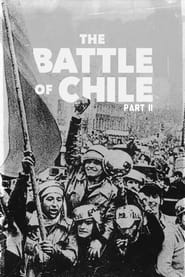 Chronicles the events immediately surrounding the...
Chronicles the events immediately surrounding the...The Battle of Chile: Part II 1976
Chronicles the events immediately surrounding the CIA- supported coup itself.
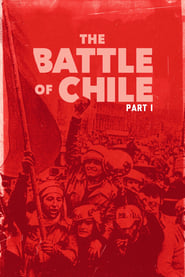 The chronicle of the political tension...
The chronicle of the political tension...The Battle of Chile: Part I 1975
The chronicle of the political tension in Chile in 1973 and of the violent counter revolution against the democratically elected government of Salvador Allende.
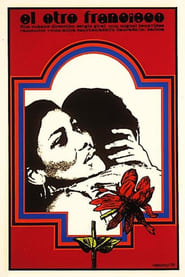 Based on the novel Francisco by...
Based on the novel Francisco by...The Other Francisco 1975
Based on the novel Francisco by Anselmo Suárez y Romero, "The Other Francisco" is a socio-economic analysis of slavery and class struggle through the retelling of the original novel. The film contrasts the romantic conceptions of plantation life found in Suárez Romero's novel with a realistic expose of the actual historical conditions of slavery throughout the Americas. It offers a critical analysis of the novel, showing how the author's social background led to his use of particular dramatic structures to convey his liberal, humanitarian viewpoint.
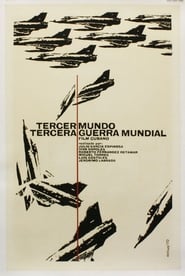 Critical testimony on American war crimes...
Critical testimony on American war crimes...Third World, Third World War 1970
Critical testimony on American war crimes in Vietnam. A film both didactic and conscious of itself, bringing together a number of resources, techniques and documentary styles – a true paradigm of imperfect cinema.
 The unfair distribution of land in...
The unfair distribution of land in...This Is Our Land 1959
The unfair distribution of land in Cuba encourages the support of the peasants to the revolution.
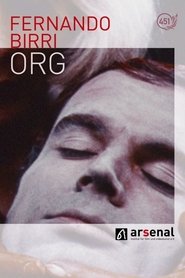 Explores the complex relationship between the...
Explores the complex relationship between the...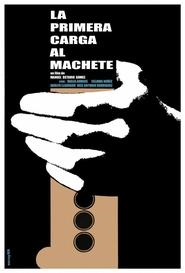 Cuban peasants wield machetes in a...
Cuban peasants wield machetes in a...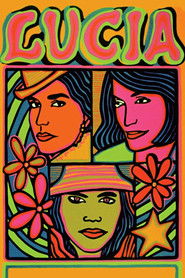 Traces episodes in the lives of...
Traces episodes in the lives of...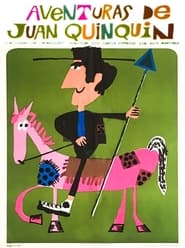 The metamorphoses of Juan Quin Quin...
The metamorphoses of Juan Quin Quin...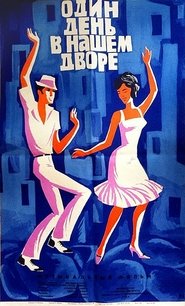
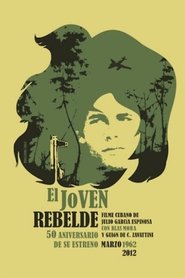 Pedro is a young peasant who...
Pedro is a young peasant who...